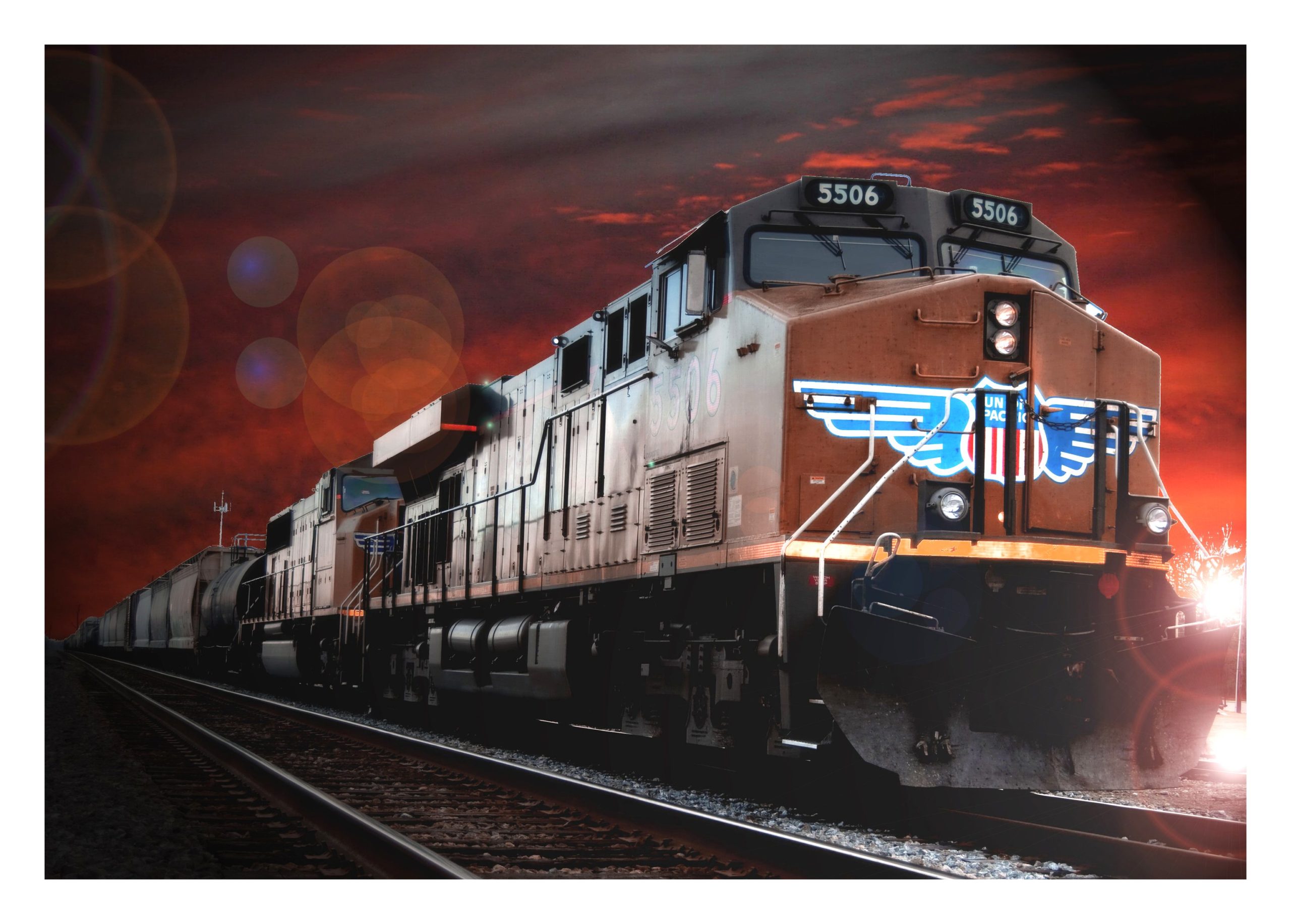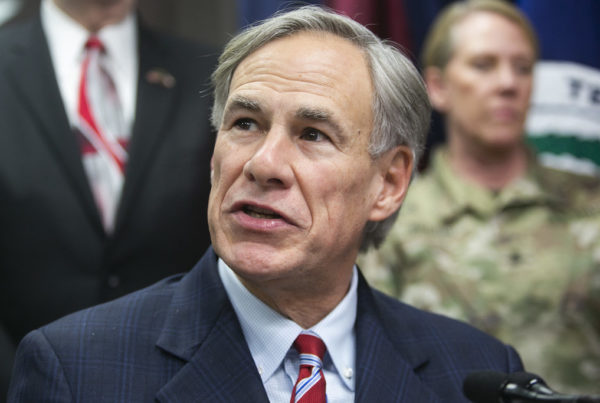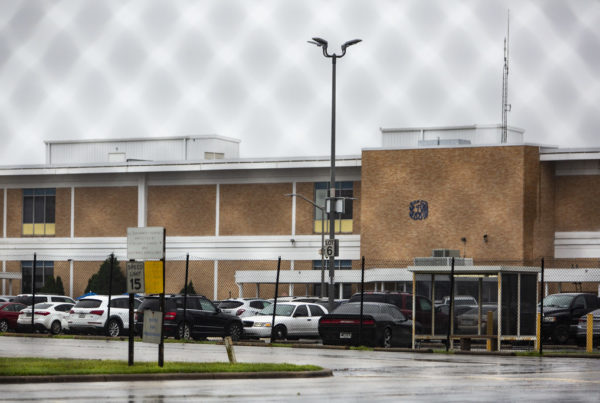On Friday, thousands of railroad workers are prepared to walk off the job, as Sept. 16 marks the end of a federally-mandated “cooling off period” that has forestalled a strike until now.
For the workers, it’s the culmination of a years-long conflict over working conditions, including long days, and what they say are stringent leave policies. And while several unions have reached tentative deals with rail companies, two of the largest are continuing negotiations.
Tanya Snyder, who has been covering the latest for Politico, told Texas Standard that the Biden administration is stepping in, hoping to avert a supply chain crisis that could be disastrous for his party come November. Listen to the interview above or read the transcript below.
This transcript has been edited lightly for clarity:
Texas Standard: This strike has been in the works for a while. Tell us more about what the rail workers are threatening to strike over.
Tanya Snyder: They’ve actually gone three years without a new contract. So that’s three years without a raise. During that time, the railroads have been cutting their workforce. They’ve actually cut about a third of their employees over the last six years, and that leaves the people who are left with just a lot more work. So their hours are longer. They’re on call, even on their off time. And they can’t just relax and do what they want.
They have attendance policies that they say are really draconian and harsh where they can’t even take a day off to go to the doctor. And a lot of people say that this is a crisis of the railroads’ own doing. So the Biden administration has stepped in; they appointed a board of arbitrators over the summer to come up with some recommendations. Many of the unions have accepted those recommendations and have come to a tentative agreement with the railroads based on that plan. But for two unions, they’re saying it’s just not enough. And so they’re continuing to fight.
We’ve already seen some disruptions. Can you tell us about what that looks like now and what the logistics problems could be in the future?
Well, nobody’s striking yet. And so it could come as early as Friday morning, although my guess is that we’re not going to see a strike Friday morning, but it could happen. And in preparation for it happening, Amtrak has already announced that on some of its long distance routes across the country, people could end up stranded halfway to their destination. And so to avoid doing that, Amtrak has stopped running those long distance routes.
The railroads have also, a few days ago, stopped shipping sensitive and hazardous materials, including things like chlorine for purifying water, or fertilizer. Because they don’t want things like that that could potentially be dangerous or volatile to be left sitting on railcars that are unattended as when there’s a work shutdown.
So with the president stepping in, appointing some folks to try and speed up the negotiations, is there any additional political action that could be on the table?
Labor law works differently for railroad workers than for everyone else. And one thing that is different is that Congress can mandate a solution if labor and management can’t come to one themselves. So that’s on the table. There are a lot of people – a lot of industries, the Chamber of Commerce on down – asking Congress to please just mandate that the unions accept a contract based on the presidential emergency board’s recommendations. They could do that. They could also just extend the cooling-off period, or they could mandate something else. There’s a lot of pressure on Congress right now to do something to avoid a strike if one appears imminent.
If a strike does move forward in terms of the political dynamics, who are the winners and who are the losers there? What’s at stake politically?
I don’t think there are any winners, even politically, of a strike like this. Joe Biden has had a rough year, but the last couple of months have been better. We saw the Inflation Reduction Act passed, gas prices are going down. Things are getting a little better for the Democrats and for Biden, specifically. A supply chain crisis right now would raise prices on consumer goods, on gasoline, on everything because it can’t move by rail. This could be something that really impacts people’s daily lives for as long as it goes on. And that could be a disaster for the Biden administration and the Democrats in general if they don’t act.













